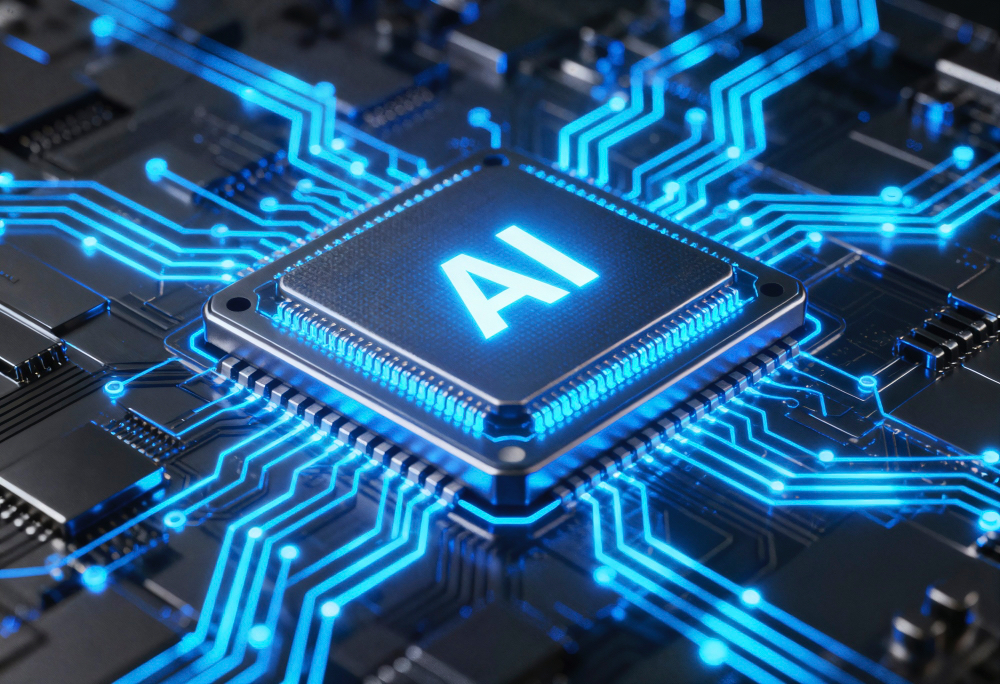According to the federal government’s latest Critical Infrastructure Annual Risk Review, Australia’s critical infrastructure is increasingly vulnerable due to global geopolitical uncertainty, supply chain vulnerabilities, and advancements in technology.
The report, released by the Department of Home Affairs, states that geopolitical tensions and instability are affecting all sectors essential to national functioning, such as energy, healthcare, banking, aviation and the digital systems supporting them.
It notes that operational environments are becoming increasingly uncertain both domestically and internationally, requiring new approaches to risk management.
The review highlights a combination of pressures, including cyber threats, supply chain disruptions, climate-related risks and the potential for physical sabotage. It also points to challenges linked to “malicious insiders”, geostrategic shifts and declining public trust in institutions.
According to the report, Australia’s involvement in international policy discussions has, at times, exposed it to possible retaliation from foreign actors through activities ranging from grey zone operations to preparations for state-sponsored sabotage.
It further notes that the effects of overseas conflicts have influenced domestic sentiment and social cohesion, contributing to risks such as ideologically driven vandalism, politically motivated violence and lone-actor extremism.
To address these challenges, the government emphasises the need for adaptable risk management strategies that reflect shifting dependencies, short- and long-term supply chain issues and ongoing geopolitical tensions.
The report divides priority risks into two categories: those considered most plausible and those deemed most harmful. Among the most convincing are extreme-impact cyber incidents and geopolitically driven supply chain disruption.
The most damaging risks include disrupted fuel supplies, major cyber incidents and state-sponsored sabotage. The review notes that because critical sectors are increasingly interdependent, disruption in one area could have cascading impacts on others.
Australia currently imports 61 percent of its fuel from the Middle East, with shipments transiting maritime routes that are vulnerable to regional tensions. Many global shipping routes also pass through the Taiwan Strait, where conflict would significantly affect supply chains.
Home Affairs Minister Tony Burke said the review aims to increase understanding of the risks facing Australia’s essential services and inform efforts to enhance resilience.
Would you like to learn more about AI, tech and digital diplomacy? If so, ask our Diplo chatbot!










